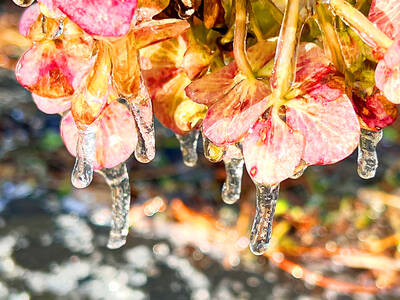Aftershocks are not expected in relation to a magnitude 5.1 earthquake that struck Chiayi County at 3:51am today, a top seismologist at the Central Weather Administration (CWA) said.
Wu Chien-fu (吳健富), director of the CWA's Seismological Center, said that the early-morning quake, whose epicenter was located in Meishan Township (梅山) at a depth of 12.3km, was a "fracture zone earthquake" caused by tectonic collisions, and was therefore unlikely to cause aftershocks.

Photo courtesy of the Central Weather Administration
About 70 percent of Taiwan's earthquakes occur in the main island's less-populated eastern half due to collisions between the Philippine and Eurasian tectonic plates, Wu said.
According to the CWA, the earthquake's intensity was highest in Chiayi County, Chiayi City, and neighboring Yunlin and Nantou counties, where it measured a 4 on Taiwan's 7-tier scale.
There were no immediate reports of damage or injuries.
Wu also said that the earthquake was "unrelated" to the Meishan fault, a geological feature closely associated with the 1906 Meishan earthquake — Taiwan's third most-deadly seismic event — that claimed about 1,260 lives.
Wu had warned in April that a Meishan fault earthquake had not occurred for more than 120 years, so the "accumulated potential energy is indeed worth paying attention to."

TECH SECTOR: Nvidia Corp also announced its intent to build an overseas headquarters in Taiwan, with Taipei and New Taipei City each attempting to woo the US chipmaker The US-based Super Micro Computer Inc and Taiwan’s Guo Rui on Wednesday announced a joint venture to build a computation center powered only by renewable energy. After meeting with Supermicro founder Charles Liang (梁見後) and Guo Rui chairman Lin Po-wen (林博文), Premier Cho Jung-tai (卓榮泰) instructed a cross-ministry panel to be established to help promote the government’s green energy policies and facilitate efforts to obtain land for the generation of green power, Executive Yuan spokesperson Michelle Lee (李慧芝) said. Cho thanked Liang for his company’s support of the government’s 2019 Action Plan for Welcoming Overseas Taiwanese Businesses to Return to Invest in

The lowest temperature in a low-lying area recorded early yesterday morning was in Miaoli County’s Gongguan Township (公館), at 6.8°C, due to a strong cold air mass and the effect of radiative cooling, the Central Weather Administration (CWA) said. In other areas, Chiayi’s East District (東區) recorded a low of 8.2°C and Yunlin County’s Huwei Township (虎尾) recorded 8.5°C, CWA data showed. The cold air mass was at its strongest from Saturday night to the early hours of yesterday. It brought temperatures down to 9°C to 11°C in areas across the nation and the outlying Kinmen and Lienchiang (Matsu) counties,

A new board game set against the backdrop of armed conflict around Taiwan is to be released next month, amid renewed threats from Beijing, inviting players to participate in an imaginary Chinese invasion 20 years from now. China has ramped up military activity close to Taiwan in the past few years, including massing naval forces around the nation. The game, titled 2045, tasks players with navigating the troubles of war using colorful action cards and role-playing as characters involved in operations 10 days before a fictional Chinese invasion of Taiwan. That includes members of the armed forces, Chinese sleeper agents and pro-China politicians

STAY VIGILANT: When experiencing symptoms of carbon monoxide poisoning, such as dizziness or fatigue, near a water heater, open windows and doors to ventilate the area Rooftop flue water heaters should only be installed outdoors or in properly ventilated areas to prevent toxic gas from building up, the Yilan County Fire Department said, after a man in Taipei died of carbon monoxide poisoning on Monday last week. The 39-year-old man, surnamed Chen (陳), an assistant professor at Providence University in Taichung, was at his Taipei home for the holidays when the incident occurred, news reports said. He was taking a shower in the bathroom of a rooftop addition when carbon monoxide — a poisonous byproduct of combustion — leaked from a water heater installed in a poorly ventilated